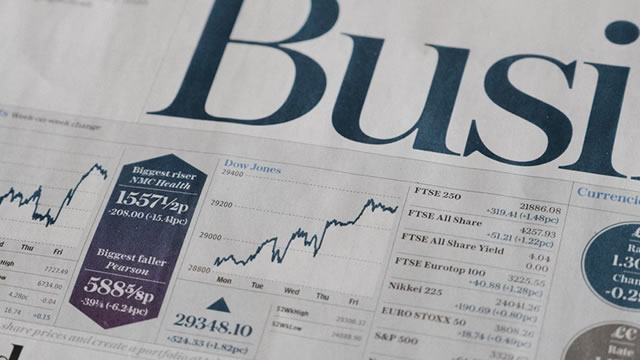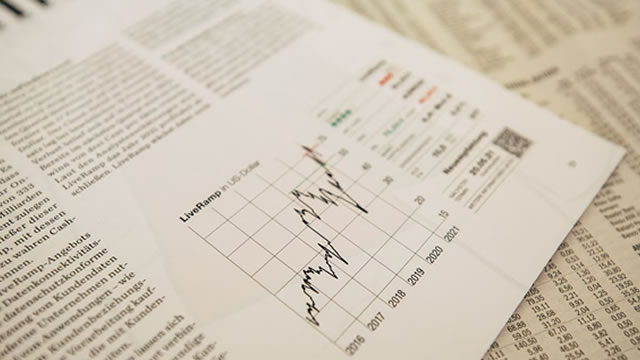Market Turmoil: A Week in Review
The financial markets wrapped up the week with a sense of unease, mirroring the dissonance of a sneeze in the midst of a violin recital. Two of the major indices, the S&P 500 and the Nasdaq, recorded their second-worst and fourth-worst performances of the year, respectively.
Fear of Tariffs and Stagflation
The market’s volatility can be attributed to a multitude of factors. Among them, tariff-related anxieties and the looming specter of stagflation continued to dominate investors’ concerns. Tariffs, a form of protectionist trade policy, have been a contentious issue between the United States and several of its trading partners, particularly China.
Reciprocal Tariffs and Their Potential Impact
Next week’s highly anticipated April 2 “Liberation Day” announcement of reciprocal tariffs has investors on edge. This event marks the deadline set by the United States for China to make concessions in their ongoing trade dispute. If no agreement is reached, both countries may impose additional tariffs on each other’s exports.
Global Economic Concerns
The potential for a global trade war is not the only source of economic uncertainty. Stagflation, a combination of inflation and economic stagnation, is another concern. This economic phenomenon, last seen in the 1970s, can lead to higher prices, slower economic growth, and increased unemployment.
Personal and Global Implications
The implications of these market fluctuations and economic uncertainties can be felt on both a personal and global scale.
- Personal: For individuals, increased market volatility can lead to uncertainty in retirement savings and investment portfolios. It may also impact employment opportunities, as companies may be less inclined to hire or expand during times of economic instability.
- Global: On a larger scale, these economic concerns can lead to decreased international trade, increased inflation, and slower economic growth. This can result in a domino effect, impacting various industries and countries.
Looking Ahead
As we move forward, it is essential for investors to stay informed and adapt to the changing economic landscape. This may involve reevaluating investment strategies, diversifying portfolios, and staying abreast of global economic developments.
Despite the current market turbulence, it is important to remember that financial markets have weathered similar challenges in the past. History has shown that, with patience and a well-informed approach, investors can navigate economic uncertainties and emerge stronger on the other side.
Conclusion
In conclusion, the week ended with a sense of market turmoil, as investors grappled with concerns over tariffs and stagflation. The upcoming April 2 announcement of reciprocal tariffs has added to the uncertainty, with potential implications for both personal finances and the global economy. It is crucial for individuals to stay informed and adapt to the changing economic landscape, while remaining optimistic that the markets will eventually recover.





